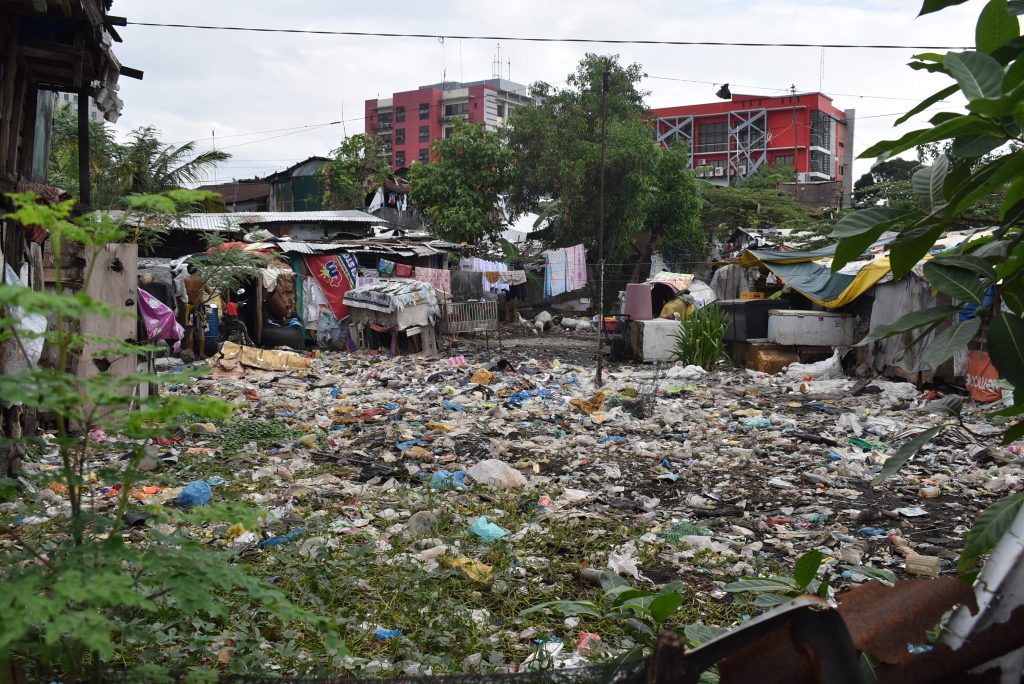
Pro-environment groups in the Philippines on Tuesday have lambasted the Department of Energy’s plan to reclassify waste-to-energy (WTE) facilities as renewable energy (RE) sources.
In a draft circular released, the energy department proposes to reclassify waste-to-energy (WTE) facilities as “baseload renewable energy” (RE) sources.
Greenpeace Philippines reiterated that WTE incineration “is not a source of renewable energy,” adding “waste is not a renewable resource like the wind and sun.”
The group said the energy department “is foolish and irresponsible” in attempting to promote WTE incineration as renewable.
Marian Ledesma, campaigner of the group, said WTE incineration is no different from climate harmful fossil fuel-powered facilities like coal plants.
“Similar to coal plants, WTE incineration also harms the environment and exposes communities to health risks,” she said.
Rodne Galicha, executive director of Living Laudato Si Philippines, said WTE is a “false solution” to the solid waste management problem and “will definitely do more harm than good to the environment and to communities.”
“Burning, as part of the processes of WTE, will release hazardous fumes. The energy sources that we need are not just sustainable and renewable, but are also clean,” he said.
Galicha urged the Philippine government to scrap the idea of promoting WTE and “instead focus on real renewables.”
WTE converts various types of waste material into fuel or energy by incineration or burning.
The draft circular outlined the department’s policies and programs to “promote and enhance the development of WTE facilities” in the country.
The department said WTE can “contribute to solid waste management, benefit to the local economy, and create green jobs, among others.”
To promote investments in WTE development, the energy department proposes WTE be included in the qualified RE generating units as “Must Dispatch.”
It is a preference given to power generation from the Eligible WTE Facility in the hierarchy of dispatch schedules.
The energy department is set to hold a series of public consultations to discuss the draft circular in September.
Ledesma said the Department of Energy has already listed several WTE incineration projects in the pipeline in its website “that have been passed off as ‘biomass’ RE.”
She said it is “unacceptable and contravenes” the RE law, which is clear in its definition that “biomass should come from organic waste and not from municipal waste, which is neither renewable nor organic.”
“The Philippines needs to invest in solar and wind energy – these facilities create more jobs and are more cost-effective than WTE incinerators and coal plants,” she said.
In 2020, Greenpeace reported that new solar and wind can deliver 50 percent of the country’s energy needs by 2030.
“This is where we need to invest for a green and just recovery, not in WTE incinerators that are not renewable, extremely expensive, harmful to the climate, undermines ecological approaches to resource management and puts people’s health at risk,” said Ledesma.

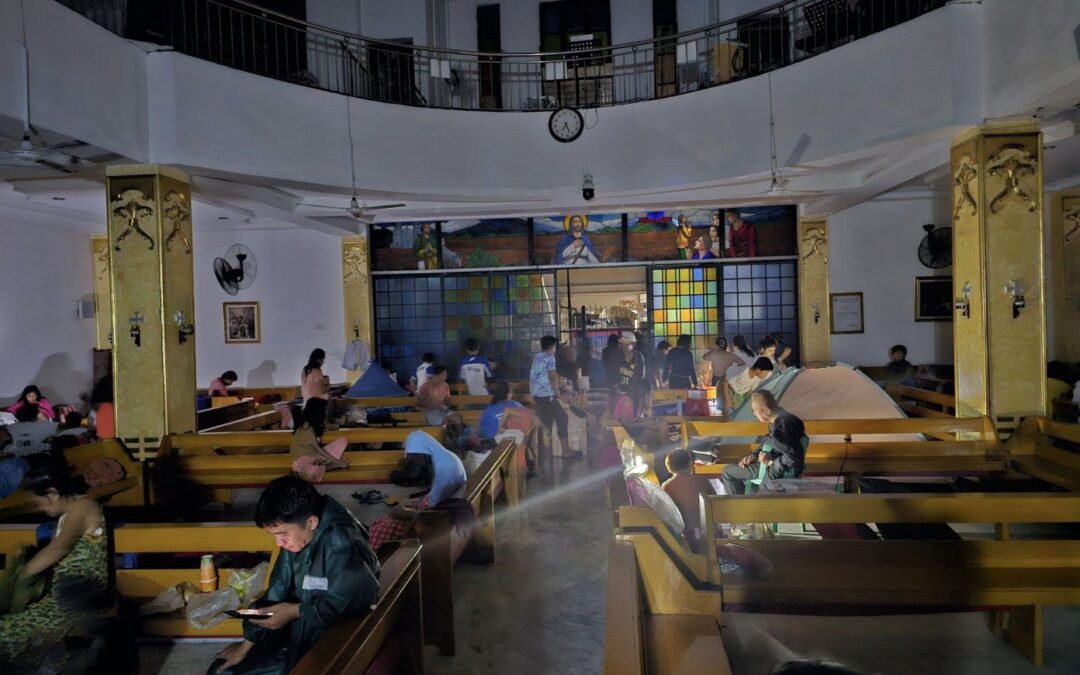
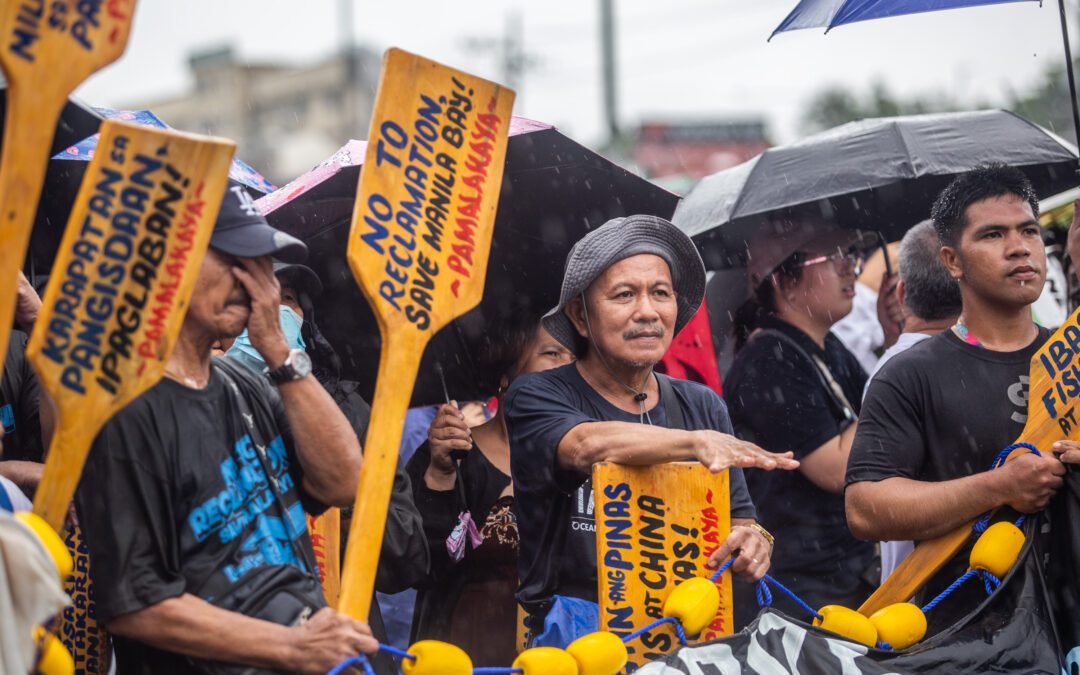

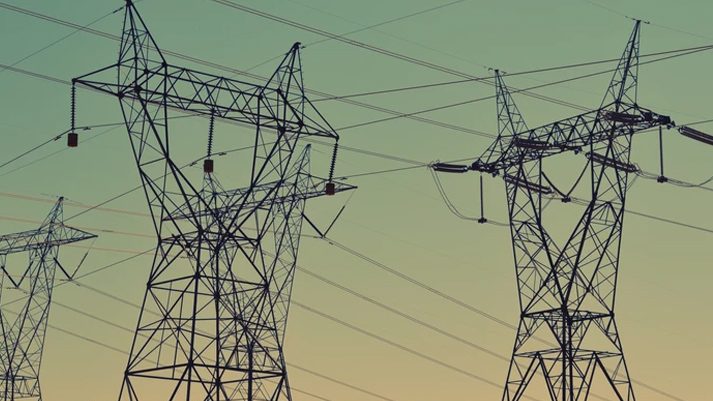
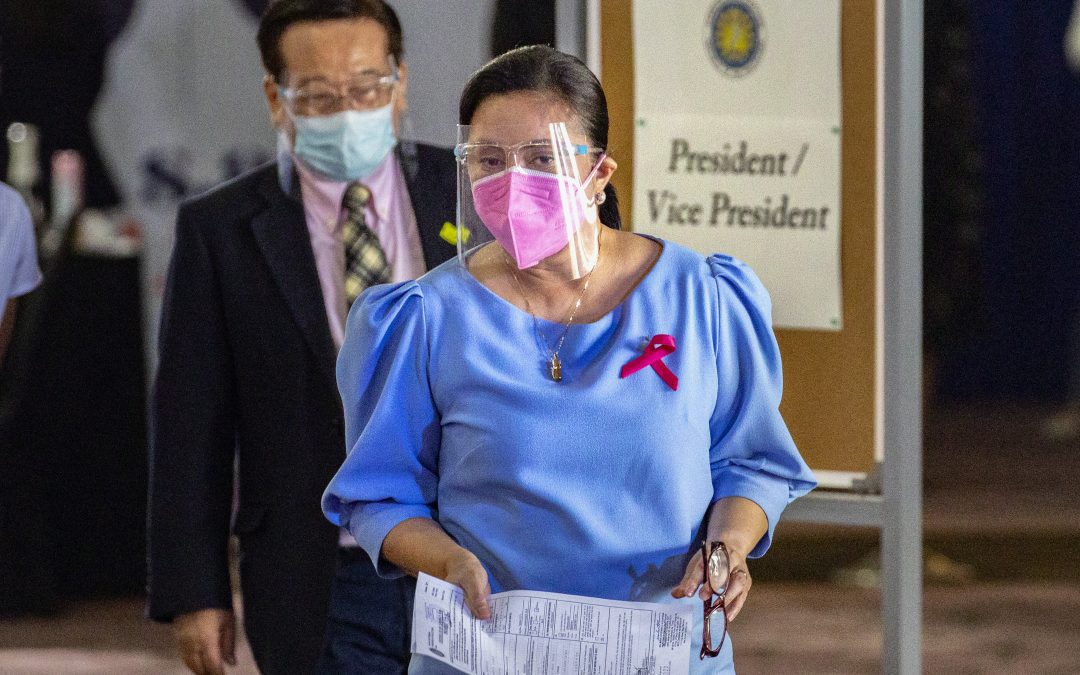
0 Comments